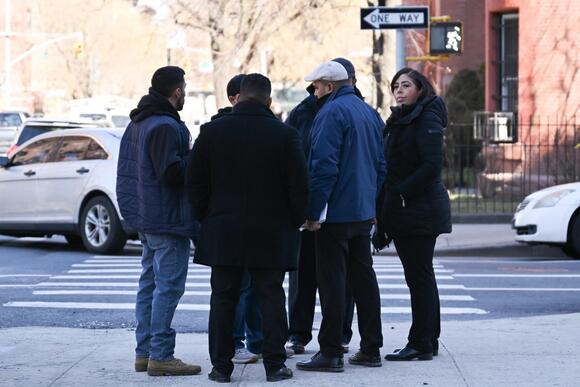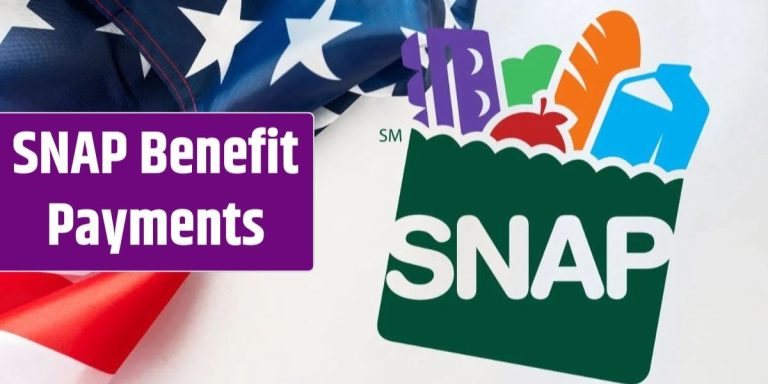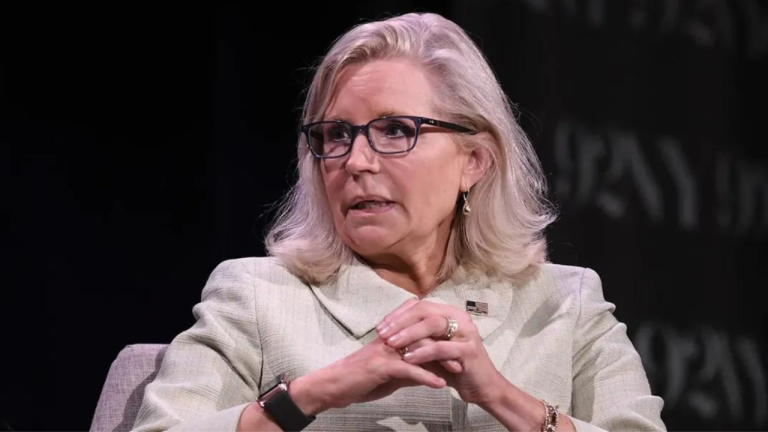Two men from Brooklyn, Dawood Kassim and Dia Alqalisi, were arrested for allegedly trafficking and stealing millions of dollars from the Supplemental Nutrition Assistance Program (SNAP).
The arrests were made on February 27, and the suspects are accused of conducting illegal SNAP transactions at a bodega in Bedford-Stuyvesant, Brooklyn, owned by Kassim.
The alleged fraud took place between April and December 2022. The suspects are accused of siphoning $20 million from the SNAP program by engaging in thousands of fraudulent transactions.
These transactions allowed customers to exchange SNAP benefits for cash or items they were not eligible to purchase. The suspects kept a portion of the benefits for themselves as payment.
Kassim is also suspected of using counterfeit and stolen SNAP EBT cards at the bodega, stealing benefits from unsuspecting customers. Some victims lived in states such as Tennessee, Virginia, and California.

The illegal transactions brought in over $20 million in federally funded SNAP benefits, including more than $7 million from individuals outside of New York.
The arrests highlight the importance of preventing abuse of government programs intended to support those in need. The suspects now face charges for their alleged involvement in the large-scale theft of SNAP benefits.
Related Articles:
- California Senators Unite to Combat Fentanyl and Crime
- Shocking Discovery in Long Island Park: Severed Body Parts Found
- Systemic Failures in Arizona: Axe-Wielding Man’s Troubled Journey Reveals Shortcomings in Justice System
In conclusion, the arrests of Dawood Kassim and Dia Alqalisi underscore the significance of safeguarding programs meant to assist those in need. The alleged trafficking and stealing of millions from SNAP benefits not only impact the victims but also emphasize the need for accountability in federally funded initiatives.
These arrests serve as a reminder that misusing government programs comes with consequences, reinforcing the importance of preserving resources intended for vulnerable individuals and families.




























+ There are no comments
Add yours